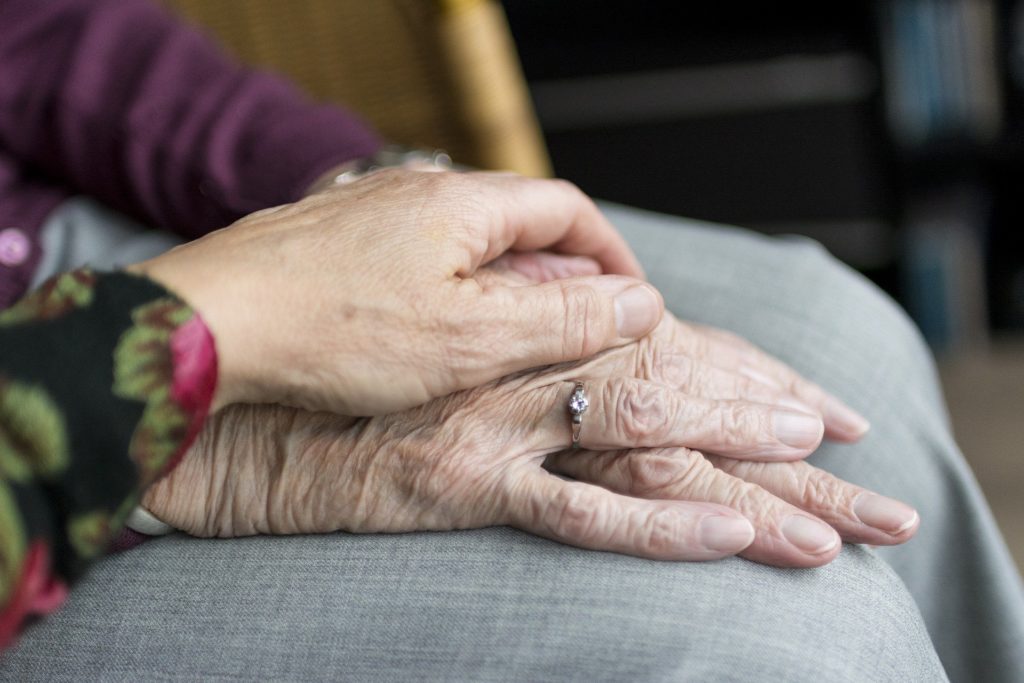Recent research from the Massachusetts Coalition for Serious Illness Care found that collaborative communication between clinicians and patients is key to improving health equity among seriously and terminally ill populations.
Of nearly 2,500 people surveyed nationwide during the course of last year, 87% indicated that it was important for their physicians to know their priorities. The research was part of a multi-phase project designed to drive improvements in communication and care for people and families facing serious illnesses. The John A. Hartford Foundation, the Cambia Health Foundation and Blue Cross Blue Shield of Massachusetts financed the research.
The study found that patients and families most wanted to be heard and included in their health care decisions, and that they prioritize a collaborative approach above a clinician’s expertise, according to the research. However, people with a serious illness reported that clinicians tended to know their priorities and health goals “less well” than those without. Nearly a quarter (21%) of patients with a serious illness indicated feeling afraid to voice concerns to clinicians or ask questions.
“Collaborative communication between patients and clinicians leads to better health outcomes and is especially needed for people to live well with serious illness,” said Terry Fulmer, president of The John A. Hartford Foundation. “Recognizing that disparities were grossly exposed by the pandemic, we have an opportunity to improve processes and standards so that all people — no matter their race or income level — feel heard, safe and fairly treated in their health care encounters.”
Goal-concordant care oriented around the patient’s priorities is a hallmark of hospice and palliative care. Many providers advocate for advance care planning, through which patients communicate their end-of-life wishes to their families and clinicians. These plans often include the patient’s designated advocate, who can make health care decisions should the patient become incapacitated.
Goals of care and advance care planning conversations have been on an overall rise in recent years and as the COVID-19 pandemic shines a spotlight on end-of-life care. These conversations rose to 23% in the United States, up from 18% in 2017, the research found.
Inequitable access to health care is among the persisting barriers that stunt further growth. Fewer than half of African American and Hispanic respondents indicated that they would want to talk to a clinician about their wishes for care, roughly a 60% drop during the last four years.
“People are telling us loud and clear what they want from the health care system: to be heard,” said Atul Gawande, M.D., surgeon, writer, public health research and co-chair of the coalition. “There are many things we need to do differently to dismantle inequities in health care experiences. These data are showing us that a clear place to start is investing in systematic approaches to improving the communication and connection that seriously ill patients and clinicians both want.”
Respondents with a serious illness reported higher rates of uncertainty about their next steps following a health care appointment, 19% compared to 9% of those without. About 15% of Hispanic and black patients indicated the same uncertainty.
Hospices have been working to advance diversity, equity and inclusion efforts as the pandemic continues to shed light on demographic disparities and racial divides in access to care. African American, Asian and Hispanic patients comprised fewer than 20% of Medicare hospice patients in 2018, while the remaining 80% were Caucasians, according to the National Hospice and Palliative Care Organization. Data from the U.S. Agency for Healthcare Research and Quality last year found that black and Hispanic populations last year were less likely to receive a referral for hospice than white patients.
Expanding education around the nation’s roots in racism will be a key for hospices to improve reach to underserved populations of color. Many seniors of color have experienced a history of mistreatment and neglect, developing a mistrust in broaching advance care planning conversations and seeking out medical care.
A little more than 30% of patients surveyed reported being treated unfairly in the last year, compared to 12% of those without serious illness. Hispanic and black adults reported unfair treatment as well, at 17% and 19%, respectively.
“We need to hear and honor all patients in a respectful way. Developing these new ways of care means we need to invest in and support our workforce differently, too, especially given the tremendous toll that COVID has taken on clinicians,” said Maureen Bisognano, co-chair of the Coalition, and president emerita and senior fellow at the Institute for Healthcare Improvement. “We can and should create a health care culture that encourages and empowers patients and families to speak up and share what matters most to them.”



